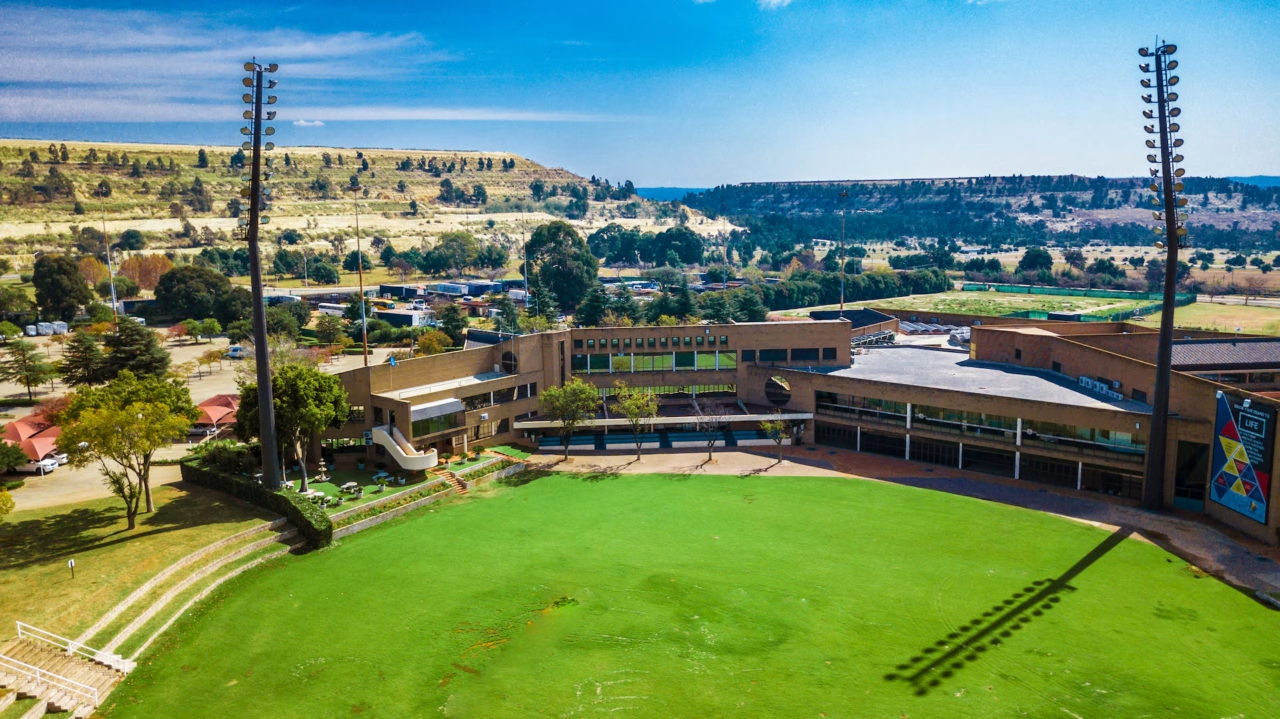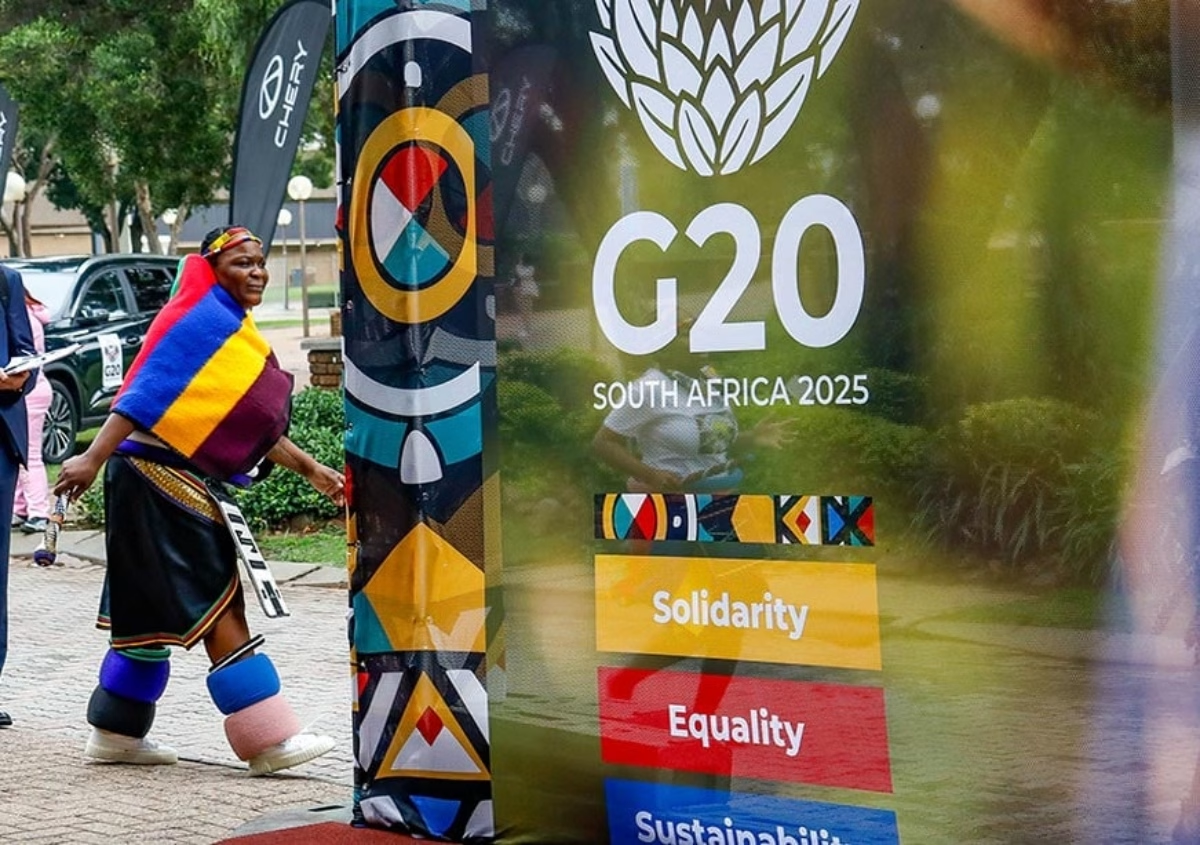The African economy is a diverse and complex set of economies that vary greatly in structure, proportions, and speed of development. Africa has a population of more than 1.2 billion people, spread across 54 countries on the continent. The African continent is the second-largest continent in terms of land area.
The African economy has experienced steady economic growth over the past decade. An average growth rate has been 3.5% per year. In 2022, the gross domestic product (GDP) grew by 3.6% in Sub-Saharan Africa. And in the Western and Central Africa subregion the growth was 3.5%. The numbers are estimated to decrease for 2023 due to global challenges, according to the world bank. The growth rate was driven by various factors, including increased spending on infrastructure, growing consumer demand, and rising commodity prices. Africa is rich in natural resources, and many African nations are greatly dependent on commodity prices.
It should be mentioned that despite these positive economic developments, there are still many challenges to overcome. Unemployment is high, and many areas lack infrastructure and resources. In addition, poverty still remains a great challenge on the continent.
There are a couple of events that can have a drastic impact on the African economy in 2023.
- Climate change: Africa is especially vulnerable to the impacts of climate change, including droughts, floods, and other natural disasters. Extreme weather conditions are likely to continue for 2023. Drought in particular is impacting agriculture the most.
- Increased food prices due to Russia’s war in Ukraine. Both Russia and Ukraine are great producers of wheat. And the ongoing war has increased wheat prices globally. Increased food prices will impact African economies negatively.
- Global economic recovery from Covid-19: The pandemic has urged many governments in Africa and around the globe to lock down economies. Expenditure on health care has increased dramatically. And to fund the increased budget deficit, governments took huge loans and printed lots of money. The recovery period from the pandemic is also very damaging to the economy. As in order to limit the inflation, governments increase interest rates, and less money gets in the pockets of regular people. Less money in the pockets of consumers means less income for businesses.
- Political instability: many African countries are facing political instability. Protests and corruption in the government both are making some African countries less desirable for the investors. Direct Foreign Investment (FDI) is important for countries’ economic growth and development because it brings in new capital, technology and knowledge that can help to create new businesses, expand already existing ones, and generate employment opportunities for the locals. In addition, FDI increases competition for local businesses, and ultimately customer’s are the main beneficiaries.
- Regional integration: trade makes everyone rich. Because for instance one area might be great at producing grapes, while bad at producing oranges and vice versa. With trade more products can be made and both areas can have an abundance. There have been efforts to promote regional integration and trade within Africa, such as the African Continental Free Trade Area (ACFTA). If these efforts are successful in 2023, they could lead to increased intra-African trade, investment, and economic growth.
- Technological advancement: while there are many threats to the African economy for 2023, technological advancement can help the economy greatly. Africa is a great place for renewable energy like solar, due to the obvious reasons. In addition, digitalization and innovation can increase the continent’s productivity.
How can the population protect themselves from the challenges?
One way to avoid local challenges is to be involved in a business or activity that is global and not tied to the local environment. Financial trading is the easiest way to do that. There are traders that analyze markets fundamentally, and there are more technical traders. For fundamental trading, traders use important tools such as economic calendars, which you can view here. Economic events such as interest rate decisions, Consumer Price Index (CPI), and others have drastic impact on financial markets.
For technical analysis traders use tools such as chart and candlestick patterns, technical indicators, simple trend lines and psychological levels.
Financial trading in Africa is an evolving and growing activity, with a range of investment opportunities for both local and international investors.
There are various financial trading instruments available in Africa, including stocks, bonds, futures, and options. The African stock exchanges, such as the Johannesburg Stock Exchange (JSE), the Nigerian Stock Exchange (NSE), and the Nairobi Securities Exchange (NSE), provide local company shares trading opportunities to African investors. In addition to stock exchanges, there are also emerging markets for commodities such as gold, diamonds, and oil, which offer opportunities for futures and options trading. Moreover, there’s an increased demand for trading cryptocurrencies, which has led to the development of the local exchanges in some African countries, such as South Africa and Nigeria.
However, financial trading in Africa also faces challenges. Some of these challenges include:
- Low liquidity: African financial markets are often characterized by low liquidity, which can make it difficult to buy and sell assets at acceptable prices.
- Lack of regulations: regulations and legal framework in some African countries may not be as well-developed as in other countries. This can create uncertainty and increase cases of fraud and market manipulation.
- Lack of infrastructure: many African countries lack the necessary infrastructure, such as reliable internet connectivity and uninterrupted power supply. Both of which are highly needed for financial trading.
- Lack of transparency: the lack of transparency in some African markets can make it difficult to evaluate the quality and potential of investment opportunities.
However, it should be mentioned that there are more liquid and transparent financial markets such as New York Stock Exchange (NYSE) and NASDAQ, and African traders can access global markets. It should be noted that investing in African companies would greatly help the continent grow its economy. And therefore, governments and policy makers should make it easier for people to invest in local economies.
Key takeaways
Overall, the African economy in 2023 is expected to face both opportunities and challenges, and governments and businesses need to adopt appropriate policies and strategies to maximize the benefits and minimize the risks. Policy makers need to double their efforts to counter increased inflation, food shortages, drought, and conflicts. However, challenges can also become opportunities and the population of Africa can find additional opportunities, such as investing in financial markets. The local financial system is still under development in many African countries, and there are challenges related to lack of infrastructure. However, traders have the opportunity to also invest in global markets such as NYSE and NASDAQ.
Meta title: Events that can influence the African economy in 2023
Meta description: In 2023, there are a couple things that can impact the economy of Africa, such as: climate change, increased food prices, global inflation, and more.











